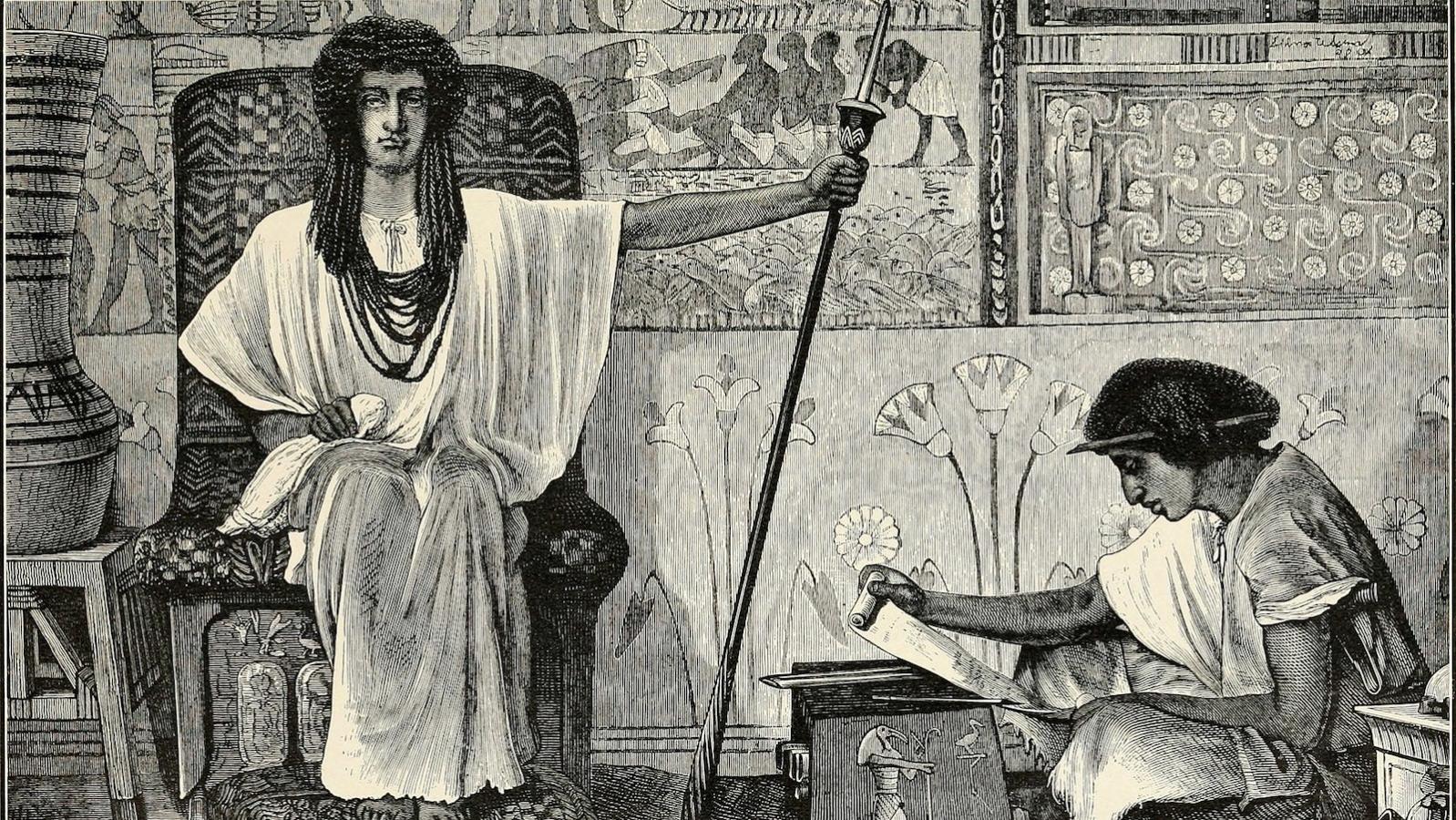Commentary on Parashat Vayigash, Genesis 44:18-47:27
In the opening verses of Parashat Vayigash, Joseph finally reveals his true identity to his brothers. Until now, Joseph’s actions had veered between retaliation and compassion for his brothers — on the one hand, extending the prospect of food that would save their lives during a famine and on the other, forcing them through a range of trials and falsely accusing them of stealing from him. Once Joseph revealed his identity, would his brothers forgive him? And could Joseph forgive his brothers for having sold him into slavery in the first place?
Imagine what it would be like to change places with Joseph. Yes, he has achieved an unimaginable measure of power, but at the cost of being betrayed by his family, sold into slavery, and hit with a jail sentence after his master’s wife accused him of sexual advances. No wonder Joseph struggles between love and hate.
Ultimately, Joseph’s brothers move him with their admission of guilt: “Alas, we are being punished on account of our brother, because we looked on at his anguish, yet paid no heed as he pleaded with us. That is why this distress has come upon us” (Genesis 42:21). The brothers’ admission ends Joseph’s state of emotional turmoil. Clearly, the brothers now recognize their inhuman actions and the loss of their integrity. Joseph chooses forgiveness over revenge and weeps with his brothers over their reunion.
But it’s not so clear that the brothers have forgiven themselves. After Joseph reveals his identity to them, the text states that the brothers are terrified of him. Later, when Joseph sends his brothers home to bring their father back to Egypt, he warns them not to quarrel along the way. The great medieval commentator Rashi explains that Joseph feared the brothers would fight with one another over having sold him, trading recriminations over who was responsible.

Help us keep Jewish knowledge accessible to millions of people around the world.
Your donation to My Jewish Learning fuels endless journeys of Jewish discovery. With your help, My Jewish Learning can continue to provide nonstop opportunities for learning, connection and growth.
Despite Joseph’s help in rescuing his family from famine, his brothers again fear Joseph’s revenge after their father, Jacob, dies. They send Joseph this message: “Your father left this instruction before his death: So shall you say to Joseph, forgive, I urge you, the offense and guilt of your brothers, who treated you so harshly. Therefore, please forgive the offense of the servants of the God of your father’s house “(Genesis 50:16-17). Although the Torah records Jacob’s last words in several other instances, this request is only mentioned here. Might it be that the brothers were so fearful of Joseph that they invented Jacob’s request to forgive them?
Loss reshapes our character over time. Joseph and his brothers exhibit the range of conflicting emotions we feel when we grieve. It’s easy to advise someone to leave their grief behind, but moving forward can be difficult when mired in an emotional mix of gratitude, regret, and blame. Joseph’s brothers remain entangled in a web of emotions and cannot repair their relationship with him. But Joseph shows us how to exit the emotional labyrinth of grief by embracing forgiveness over blame. Even in the face of conflicting emotions like those Joseph experienced, we can choose to move from recrimination to compassion, allowing our more generous attributes to influence us.
This article initially appeared in My Jewish Learning’s Reading Torah Through Grief newsletter on Dec. 30, 2022. To sign up to receive this newsletter each week in your inbox, click here.
Looking for a way to say Mourner’s Kaddish in a minyan? My Jewish Learning’s daily online minyan gives mourners and others an opportunity to say Kaddish in community and learn from leading rabbis.




